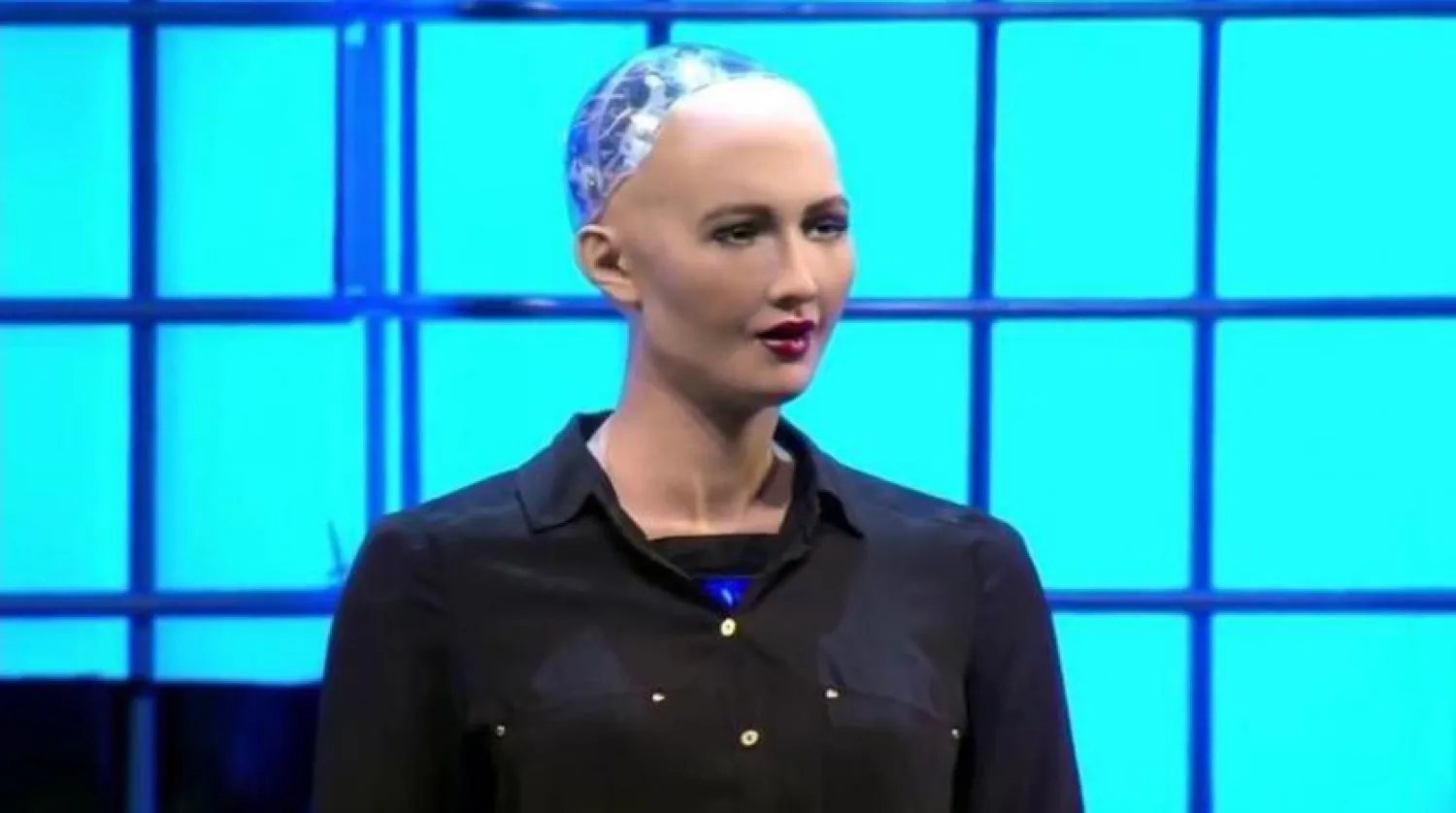Saudi Arabia presented itself on Wednesday as the first country to ever grant citizenship to a Robot as a symbolic display for a progressive future at Neom.
Advanced artificial intelligence humanoid robot, Sophia, was granted citizenship at the Future Investment Initiative Forum.
Sophia is a life-imitating and highly interactive robot designed by Hong Kong Company Hanson Robotics. At the Future Initiative, Sophia demonstrated her capacity for human expression.
At the FII forum, Sophia showed her ability to express human feelings such as happiness, sadness and anger, through facial expressions. The characteristic is a key element in building trust between people and what Masayoshi Son, CEO of Softbank Group, described as super intelligent beings.
The historic declaration was part of a large-scale session that discussed possibilities offered by future integration of artificial intelligence and technology into human life.
“I want to live and work with humans so I need to express the emotions to understand humans and build trust with people,” Sofia said in an exchange with moderator Andrew Ross Sorkin.
Asked whether robots can be self-aware, conscious and know they're robots, she said: “Well let me ask you this back, how do you know you are human?”
“I want to use my artificial intelligence to help humans live a better life, like design smarter homes, build better cities of the future. I will do my best to make the world a better place,” she said.
Her desire to achieve more human-like characteristics was rewarded by being granted the first Saudi citizenship for a robot.
“I am very honored and proud for this unique distinction. This is historical to be the first robot in the world to be recognized with a citizenship,” Sophia said.










